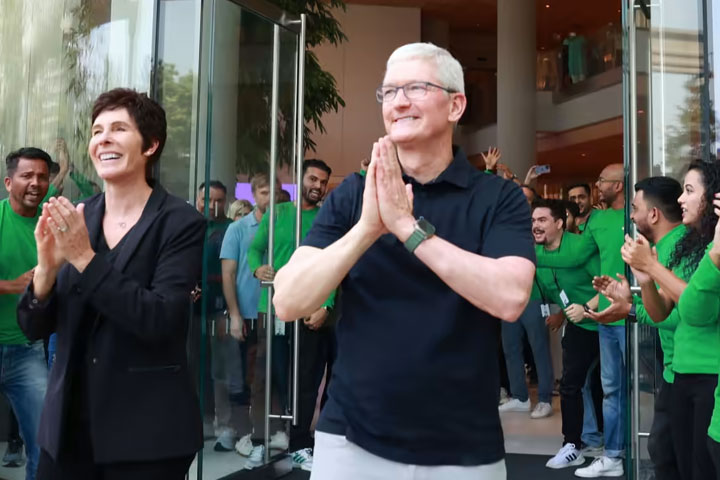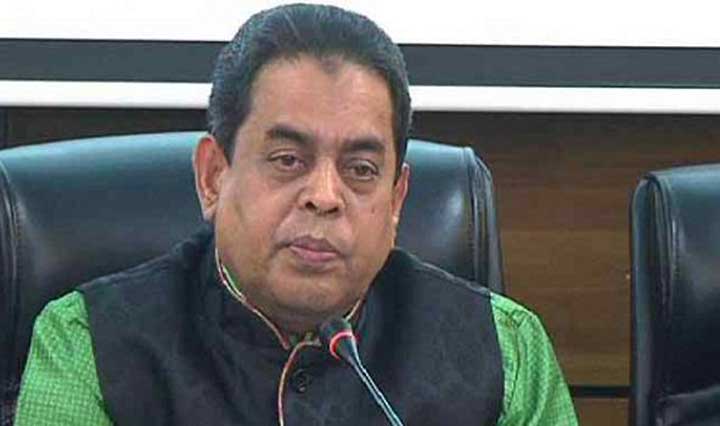Tesla and Apple drive U.S. corporate pivot to India
From Tesla to Apple, leading U.S. corporations are accelerating their push into India as an alternative production hub to China amid protracted tensions between Washington and Beijing.
Tesla CEO Elon Musk met with Indian Prime Minister Narendra Modi in New York on Tuesday. The electric vehicle maker is reportedly in talks with New Delhi to set up a factory in India, expanding a production network that spans the U.S., China, Germany and Mexico.
"I am confident that Tesla will be in India, and will do so as soon as humanly possible," Musk said afterward.
On Thursday, Micron Technology said it will invest $825 million to build a semiconductor assembly and testing facility in the Indian state of Gujarat. The project is expected to receive support from New Delhi and Gujarat.
Amazon Web Services, Amazon.com's cloud unit, said in May that it will invest 1.06 trillion rupees ($12.9 billion) in India by 2030, including to build new data centers. This represents a major increase from the 309 billion rupees invested between 2016 and 2022.
These moves come amid heightened tensions between the U.S. and China. Since 2018, Washington has imposed restrictions on trade with Beijing and worked to decouple American supply chains from China in areas that affect economic security. This has made it more difficult for U.S. companies to buy and sell Chinese goods and services, raising the risk of doing business in China.
India's importance to American businesses has grown in the meantime. The U.S. accounted for 22% of foreign direct investment to India in 2020. It was the second-largest investor in India last year, after Singapore, and could account for an even larger slice when including indirect investments such as those made through the Cayman Islands.
India's appeal stems largely from the size of its domestic market. The country reportedly overtook China as the world's most populous this year. Its per-capita gross domestic product is expected to reach $2,600 this year and top $3,000 in 2025, the International Monetary Fund projects.
Consumer spending generally appears to accelerate at the $3,000 mark, which China crossed in 2008, the year it hosted the Beijing Olympics. Purchasing power in India is expected to continue increasing beyond its largest cities.
Apple opened its first stores in India in April, and wants to shift more output there from China with the help of suppliers like Hon Hai Precision Industry, known as Foxconn. The U.S. tech company reportedly aims to produce around 25% of its products in India, up from 5%-7% currently.
European and Japanese companies also are increasing investment in India in light of China-related risks. In April, Suzuki Motor said through a subsidiary that it will expand annual capacity in India by 1 million vehicles from the current 2.25 million.
Modi in 2014 set a goal of expanding manufacturing to 25% of India's GDP. The recent surge in foreign investments could help the country finally meet this target.
"A new world order is forming, and we have to seize the opportunity," Modi said at a semiconductor industry event in 2022.
Source: asia.nikkei.com
24 Jun 2023,19:52
















 Live Tv
Live Tv

